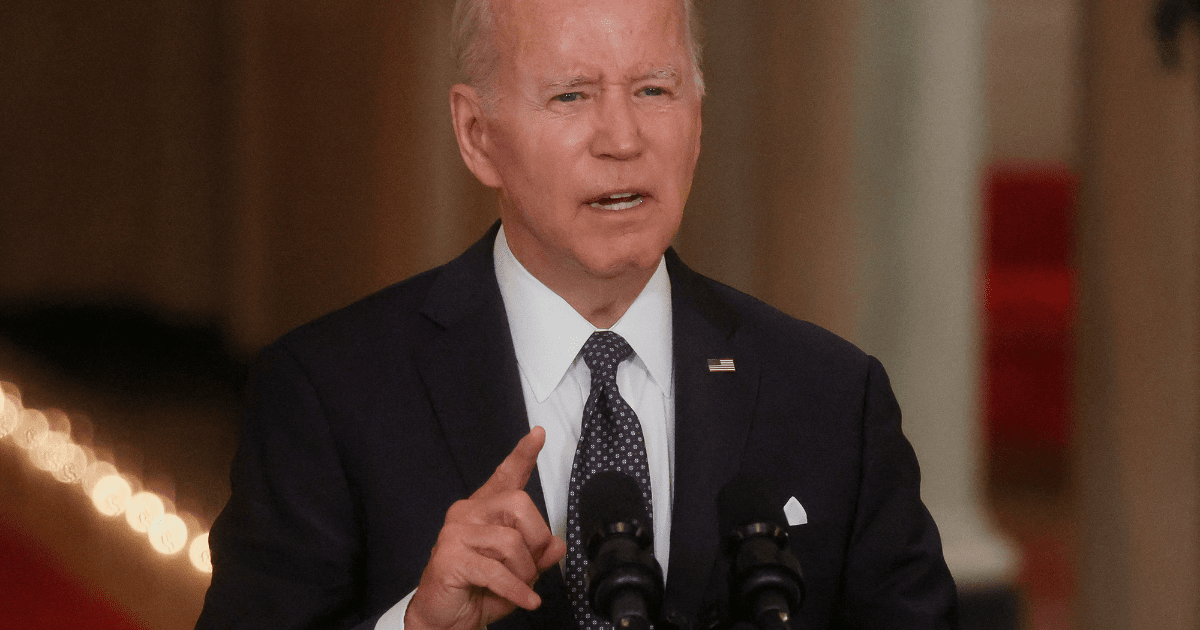the american president Joe Biden said the war in Ukraine shows that moving to renewable energy is not only key to preventing global warming but also a national security issue.
“Russia’s unprovoked assault on Ukraine has fueled a global energy crisis and heightened the need for reliable long-term energy security,” Biden said.
“The good news is that climate security and energy security go hand in hand,” he added.
The virtual meeting on climate change in which they participated Argentina, Chile and Mexicoamong some twenty attendees, was Biden’s third call to the Major Economies Forum on Energy and Climate (FEMfor its acronym in English) since he took office in 2021 and with the promise of making the United States a leader in curbing global warming.
But this summit took place just as Joe Biden is facing a tough internal situation due to the increase in fuel prices linked to the consequences of the invasion of Ukraine. At the same time, European countries are struggling to find ways to circumvent dependence on Russian oil and gas imports.
India and Russia absent
Friday’s meeting was the largest leaders-level meeting before the UN climate summit COP27, to be held in Egypt in November.
Twenty-three participants attended on behalf of most of the world’s major economies, including the European Union (EU)said a senior Biden administration official.
But China was only represented at the level of its climate envoy, rather than the president. Xi Jinping, as reported by the White House. And India did not feature in the official list of attendees.
Russia was also not there, which shows that diplomatic barriers hinder international cooperation in the fight against climate change.
In the previous session of the MEF, in September 2021, Biden and the EU announced a commitment to reduce methane emissions, one of the gases that causes global warming. This commitment was formally launched at COP26, held in Glasgow last November, and has already been signed by some 120 countries.
On Friday, the United States, the EU and 11 countries launched the so-called Global Methane Commitment Energy Pathway “to catalyze the reduction of methane emissions in the oil and gas sector, promoting both climate progress and energy security.” , according to a joint statement.
Among the 11 countries are Argentina and Mexico, which announced new commitments to reduce methane emissions.
















